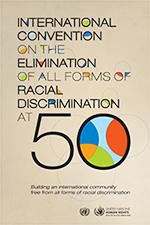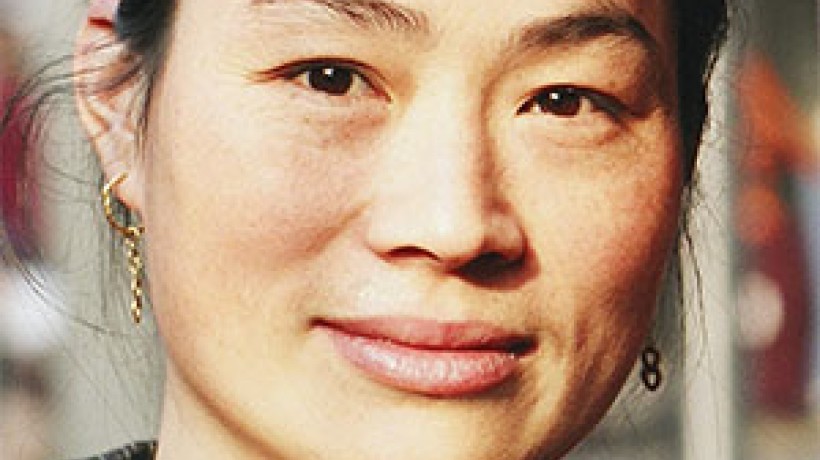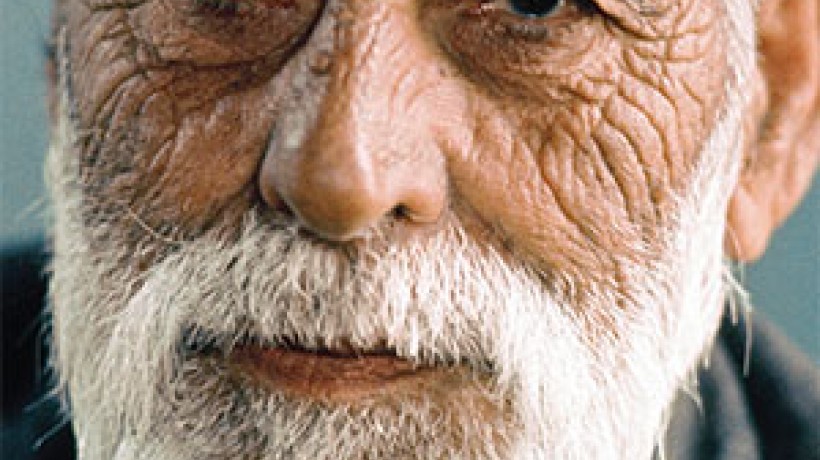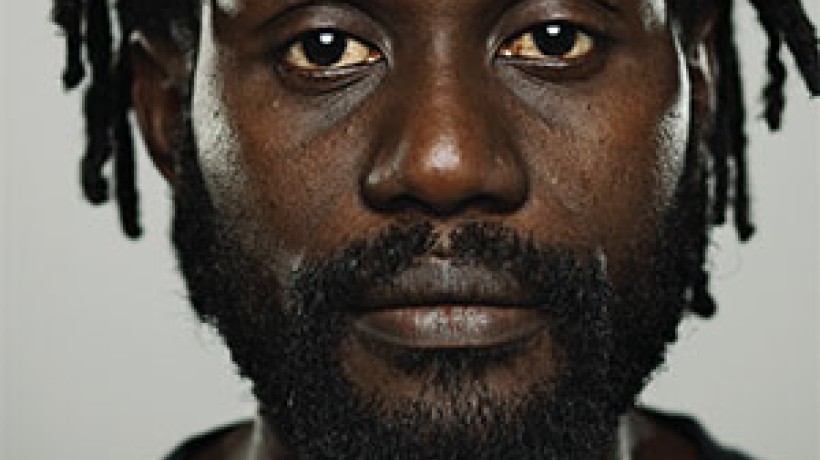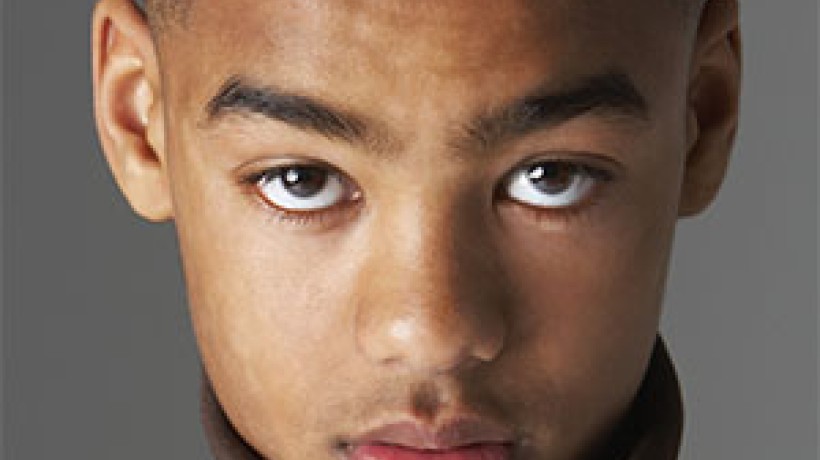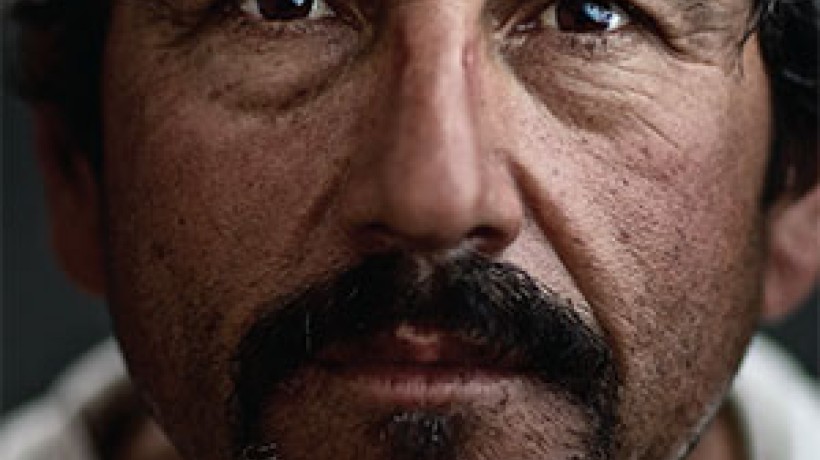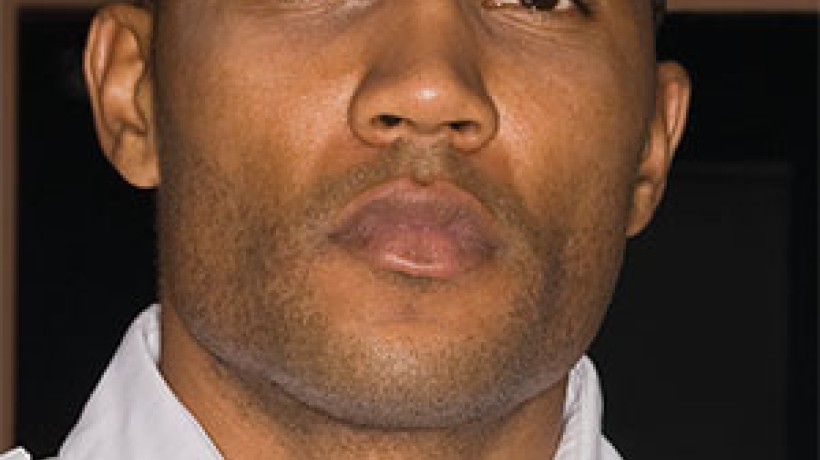International Convention on the Elimination of All Forms of Racial Discrimination: 50 years of fighting racism
Committee on the Elimination of Racial Discrimination
On 21 December 1965, the United Nations General Assembly adopted Resolution 2106, which established the International Convention on the Elimination of All Forms of Racial Discrimination (ICERD). It is among the oldest conventions in the UN Human Rights Office arsenal to target oppression and discrimination.
The Convention essentially resolves to “to adopt all necessary measures for speedily eliminating racial discrimination in all its forms and manifestations, and to prevent and combat racist doctrines and practices in order to promote understanding between races and to build an international community free from all forms of racial segregation and racial discrimination.”
2015 marks 50 years since the adoption of the Convention. It was forged during the time of great civil unrest in parts of the world. The drafting took place during the civil rights movement in the United States, whose Civil Rights Act was passed just prior to its adoption. Apartheid was at its height in South Africa, with the Sharpeville Massacre bringing the cruelty of the regime into international focus. And many countries in Africa were doing away with colonialism for independence.
Yet, despite these milestones, racism continues to plague societies. To combat it, ICERD continues to examine the situation in each country that has ratified the Convention through its committee. In fact, the 177 States that have ratified the Convention must regularly report to and appear before the committee in Geneva. The committee, in turn, issues concrete recommendations on how various forms of racism that exist in each country can be effectively eliminated.
Indeed, even after half a decade since its adoption, ICERD continues to remain relevant to the issues that we face today. As one opinion put it, “The Convention, as a living instrument, must be interpreted and applied taking into account the circumstances of contemporary society.” Over the past 45 years, the committee has effectively addressed new and emerging issues within the framework of the Convention and adopted innovative practices to improve its efficiency and effectiveness.
Human rights defenders talk about the importance of the Convention
Victor Hugo is a human rights defender from Colombia and the Legal Representative of the Association of Councils of Norte del Cauca. In this clip, he explains why the Convention is so important for his organization and why they make every effort to be represented before the Committee.
Angie Cruickshank is a human rights defender from Costa Rica and the General Coordinator of the National Network of Afro-Costa Rican Youth (Red Nacional de Juventud Afrocostarricense). In this clip, she explains how while progress has been made in recognizing the value of multiculturalism, the fight to end racism is not over. Investing in young people and education is essential to ensure that future generations continue making advances and delivering promise of the Convention.
Florencine Edouard is a human rights defender from French Guiana and the General Coordinator of ONAG, the Organisation des Nations Autochtones de Guyane. In this clip, she talks about the continuing importance of the Convention on the Elimination of Racial Discrimination in helping to eradicate discrimination in all its forms, all over the world.
Rosalina Tuyuc Velásquez is a Guatemalan human rights defender and National Coordinator of the Widows of Guatemala. She comes from the Maya Kaqchikel People. In this clip, she talks about the importance of the Convention to indigenous peoples and communities, not only in terms of protecting their culture, but also in terms of safeguarding their land and natural resources.
Read more success stories from NGOs and civil society about their work with CERD.
Inputs received
- International Movement Against All Forms of Discrimination and Racism (IMADR)
- International Dalit Solidarity Network (IDSN)
- United Nations High Commissioner for Refugees (UNHCR)
- Mr. Regis de Gouttes, former CERD member
- Mr. Jose A. Lindgren Alves, CERD member
- Ms. Rita Izsak, UN Special Rapporteur on minority issues
- Mr. Mutuma Ruteere, UN Special Rapporteur on contemporary forms of racism, racial discrimination, xenophobia and related intolerance
